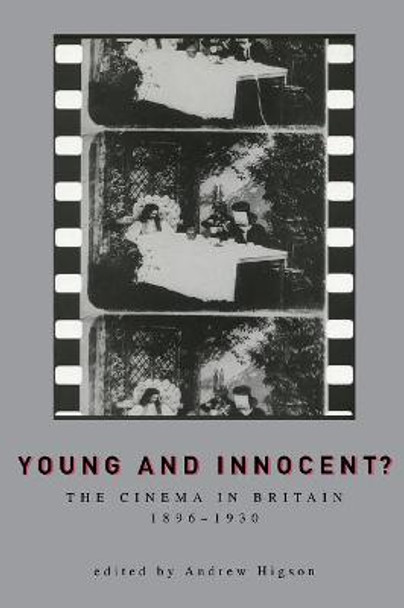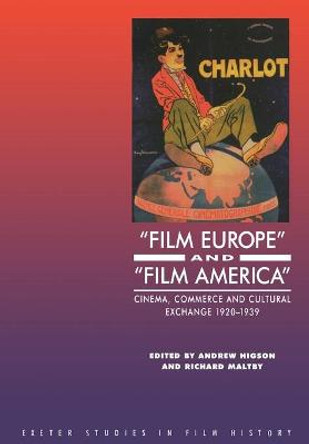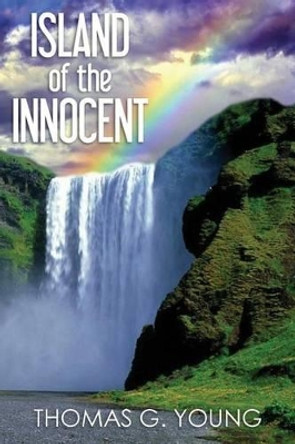Description
This book brings together the study of silent cinema and the study of British cinema, both of which have seen some of the most exciting developments in Film Studies in recent years. The result is a comprehensive survey of one of the most important periods of film history. Most of the acknowledged experts on this period are represented, joined by several new voices. Together they chart the development of cinema in Britain from its beginnings in the 1890s to the conversion to sound in the late 1920s. From these accounts the youthful British cinema emerges as far from innocent. On the contrary, it was a fascinatingly complex field of cultural and industrial practices. The book also includes guides to bibliographical and archival sources and an extensive bibliography.
About the Author
Andrew Higson has been a member of the Film and Televisions Studies academic staff at the University of East Anglia since 1986, and was made a Professor of Film Studies in 2000. From 1991 to 1998, he was chair of the Film Studies sector; in August 2002, he took over as Dean of the School of English and American Studies. When this School was dissolved in 2004, he became the inaugral Head of the new School of Film and Television Studies. He is the author of Waving the Flag: Constructing a National Cinema in Britain (OUP, 1995), and editor of Dissolving Views: Key Writings on British Cinema (Cassell, 1996).
Reviews
"Two themes in particular stand out, which draw on the interdisciplinary pattern of much current early media work. One is to locate moving pictures in a wider fabric of popular culture . . . The other new and welcome trend apparent in this collection is a move away from directors and even from individual films towards a consideration of industrial issues . . . [this collection] testifies to a lively culture of research and discovery around early British cinema which is a welcome change from the self-flagellation of earlier generations." (Sight and Sound, June 2002) "This book is both necessary, and important . . . A collection of introductory essays such as this has not before been undertaken, and it provides an invaluable reference point to students of this neglected period . . . The greatest value in the book lies in its final section, in which Steve Bottomore and Jon Burrows give a comprehensive overview of the resources available to those interested in the period . . . The silent period in Britain can be daunting, given its lack of secondary source material, but the two pieces between them provide an opening into the period to any interested party, and should be recommended reading on all film history courses. These are backed up by an impressive bibliography which is well organised, thorough and completely indispensable. There is no doubt that this is a book which every film student should have on his or her shelf . . . What comes across most is the variety of approaches available and the wealth of work yet to be done, as well as the community and the enthusiasm of the academics, archivists, students and historians who are undertaking it. The message is clear; grab a notepad and join in. There is much to do. Essential." (Viewfinder, No. 47, June 2002) "The Exeter Studies in Film History are a valuable and growing collection of works on the development of cinema on both sides of the Atlantic... The volume includes a fine bibliography and two valuable essay-guides to research materials and procedures." (Journal of Transatlantic Studies, Vol. 2, No. 1, 2004)
Book Information
ISBN 9780859897174
Author Andrew Higson
Format Paperback
Page Count 432
Imprint University of Exeter Press
Publisher University of Exeter Press
Series Exeter Studies in Film History
Details
Subtitle: |
The Cinema in Britain, 1896-1930 |
Series: |
Exeter Studies in Film History |
Imprint: |
University of Exeter Press |














